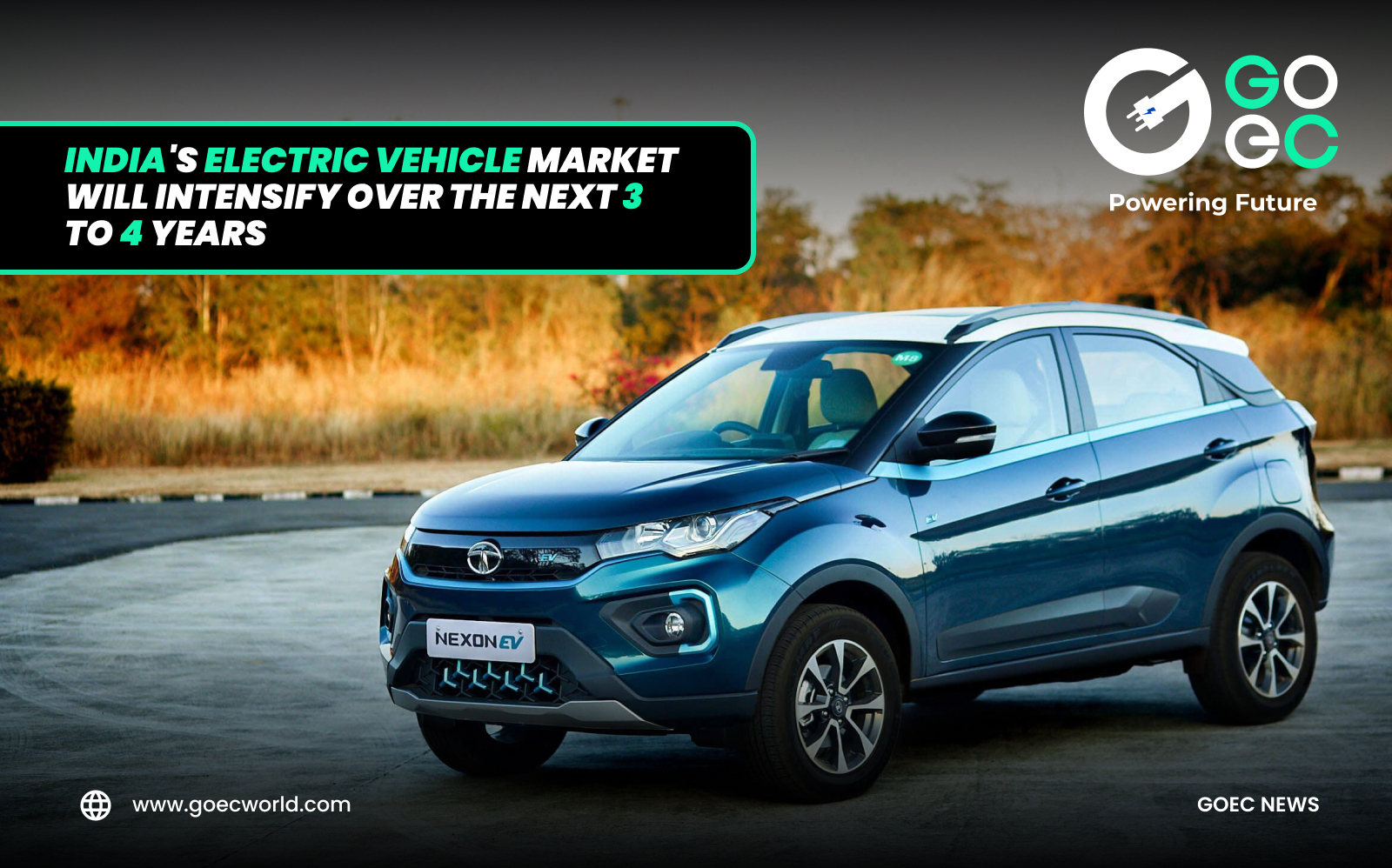In 2023, India saw a 10 percent increase in passenger vehicle sales compared to the previous year, while electric vehicle (EV) sales nearly doubled, constituting 2 percent of total passenger vehicle sales. This surge in EV sales can be attributed to government incentive schemes, infrastructure development such as increased EV charging points, growing urban consumer interest, and governmental efforts to meet environmental targets.
With reports of Tesla’s impending entry into the Indian market and CEO Elon Musk’s visit, experts predict significant growth in the Indian EV market in the coming years. Currently, Tata Motors dominates over two-thirds of the country’s EV market, but Mahindra & Mahindra and BYD are emerging players.
Mahindra & Mahindra recorded a remarkable 2476 percent growth in 2023 with its all-electric SUV XUV400, while BYD’s growth exceeded 1500 percent with models like the e6 MPV and Atto 3 SUV. BYD’s recent launch of the Seal model is expected to further bolster its presence in the Indian EV market.
A research report by Counterpoint Research forecasts a 66 percent increase in India’s EV sales in 2024, with EVs capturing a 4 percent market share in the passenger vehicle segment, doubling from 2 percent in 2023. By 2030, EVs are projected to constitute nearly one-third of India’s total passenger vehicle sales.
Maruti Suzuki is also set to enter the EV market with the eVX SUV in 2025, equipped with a 60kWh battery pack and a range of up to 550 km. The vehicle will be designed and developed by Suzuki Motor Corporation Japan and manufactured at Maruti Suzuki’s plant in India.
